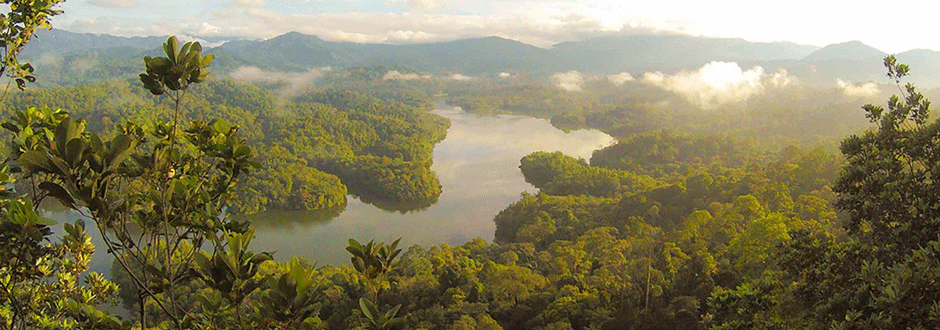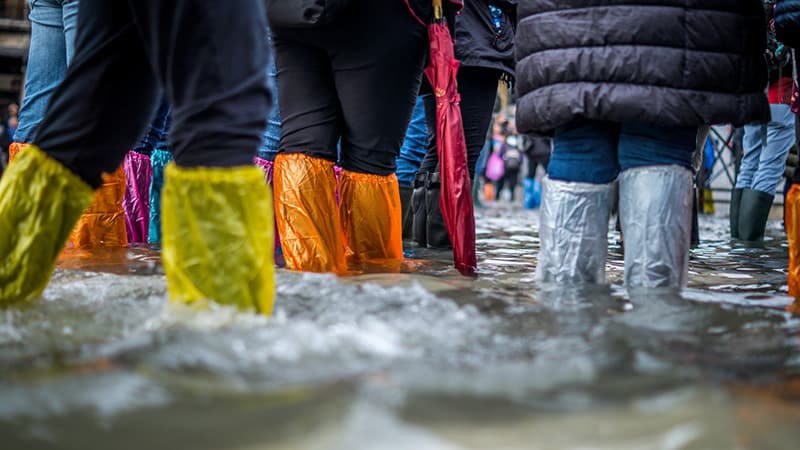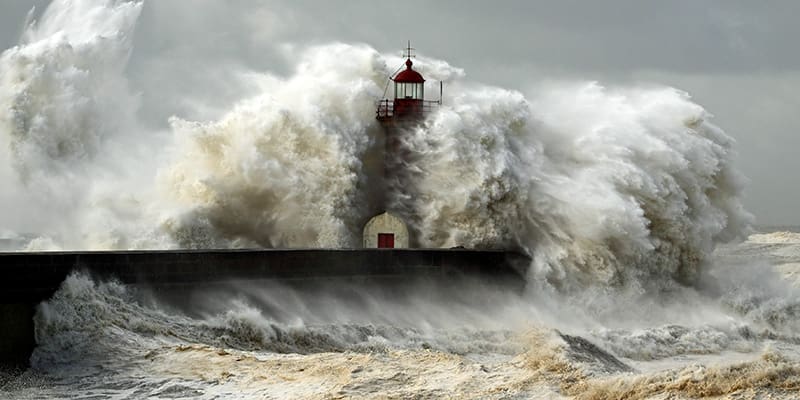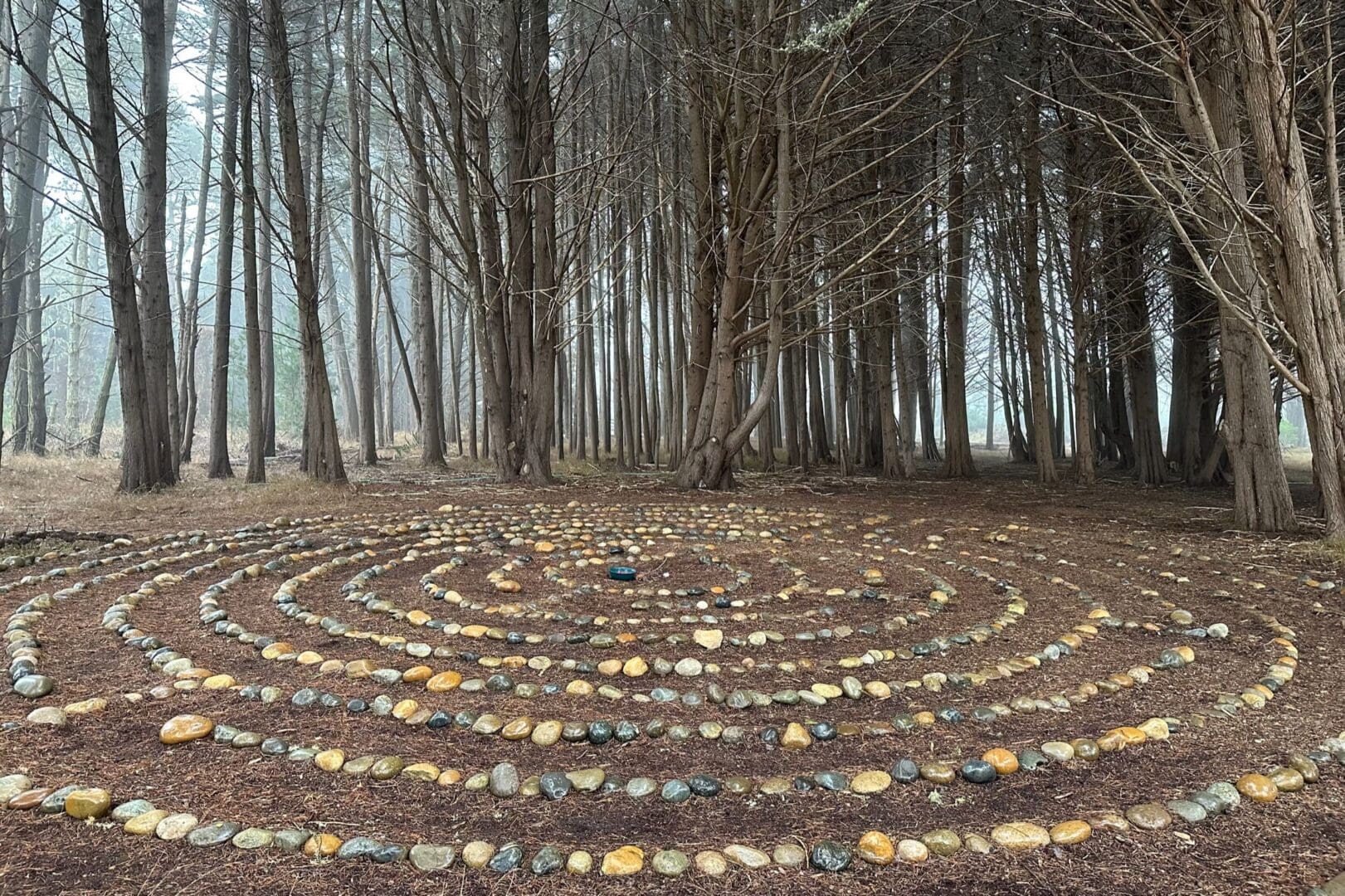As summer ends, as the fall of 2019 begins, where are we?
The world is on fire: the Amazon, Siberia, Indonesia, and much more. Some fires are deliberately lit to clear land for grazing and agriculture. Many more are accidental or spontaneous. Global Watch Forest Fires gives you the picture.
Fire and climate change are only one of several dozen global vectors creating the “perfect storm” for humans and the biosphere. They include biosphere stressors, social stressors, and technological stressors. Most people focus almost exclusively on climate change. But there are many more stressors, and their interactions and feedback loops are entirely unpredictable. Check our new Resilience Project website.
Informed opinion is divided on whether we will (on the whole) move into a phase of global civilizational collapse or whether we will “bend, not break.” At the recent Resilience gathering at Commonweal, Nate Hagens made a powerful argument that we will bend but not break. His keynote talk is worth watching.
We can see “bend” and “break” as different points on a single continuum. Many places in the world have already inalterably broken. I love science fiction writer William Gibson’s observation: “The future is already here. It is just not very evenly distributed.”
One very real question is whether liberal democracy will collapse under the weight of the Global Challenge. Here is a powerful set of slides, “How liberal democracy can die on our watch,” from the brilliant United Kingdom thinker Jeremy Leggett.
Where are we as summer (in the Northern hemisphere) ends and fall begins? We face the greatest turning point in human history. There have been formidable turning points before, no doubt. But they did not take place in the Anthropocene, when humanity is changing the earth not only for ourselves but for all life.
The great questions are:
1. How do we understand what is happening?
2. How do we hold what is happening?
3. How do we live now in ourselves, in our families, and in our communities?
4. How can we act in concert to bend the perilous arc of our history toward life and justice?
Those are the great questions. Like all great questions, they have no single answers. But let us close with the great Sufi poet Hafiz: “Fear is the cheapest room in the house. I would like to see you living in better conditions.”
Courage.
Michael




